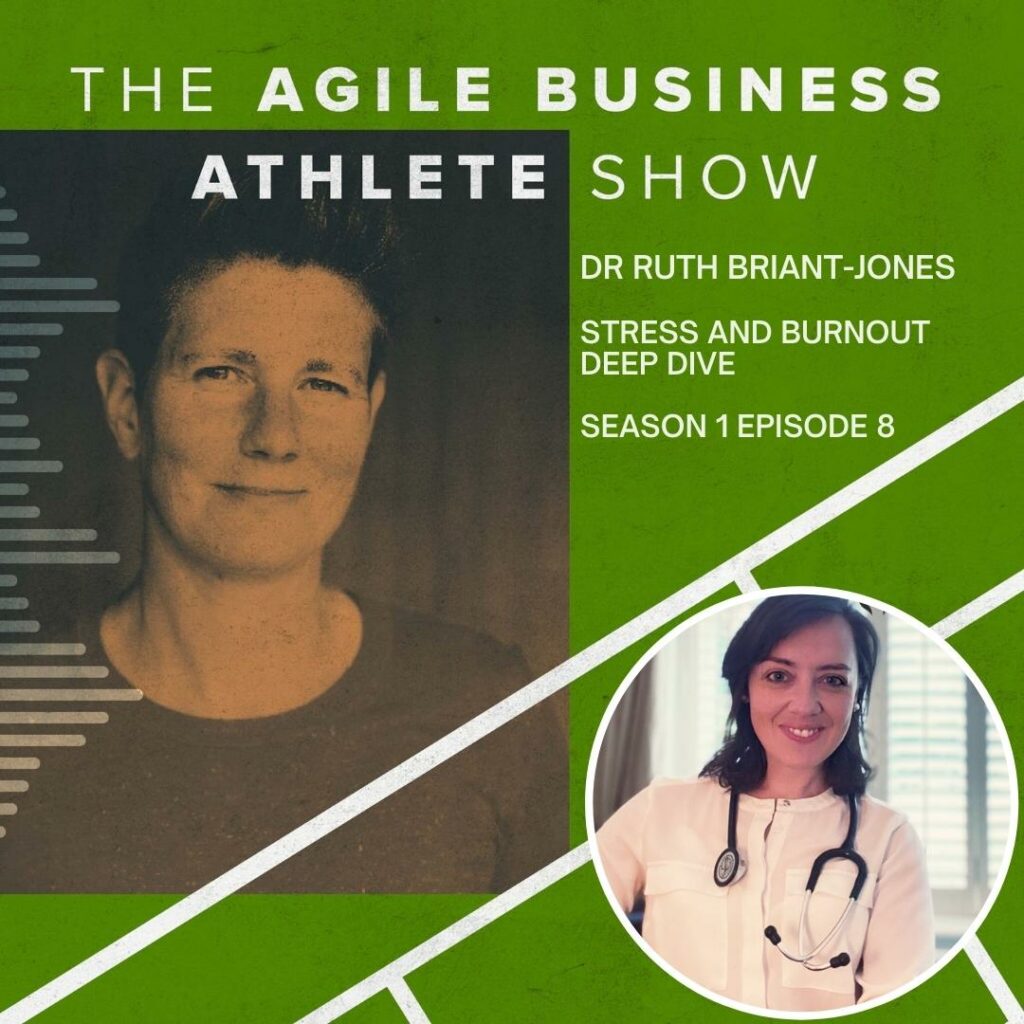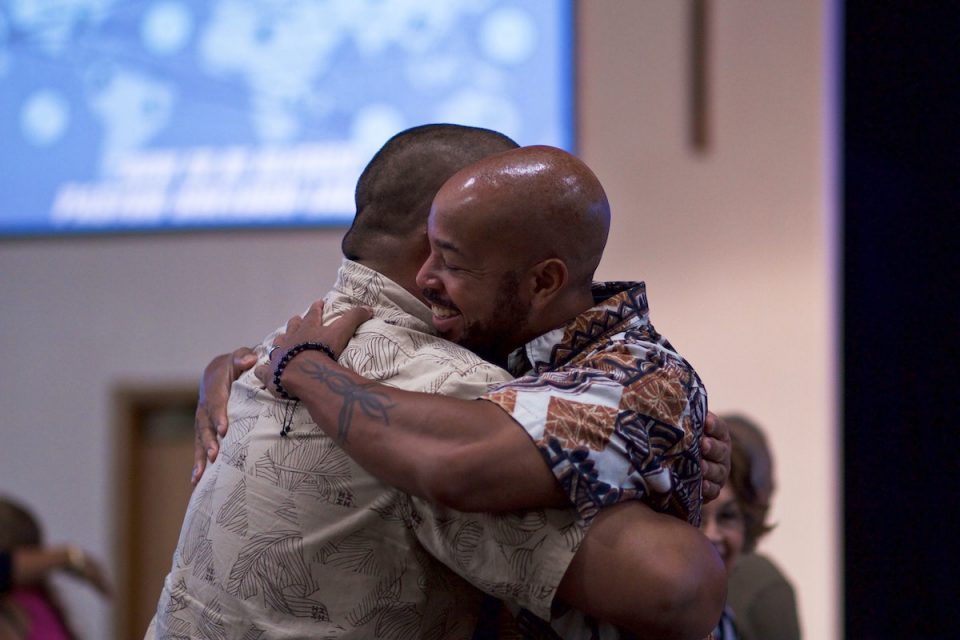Podcast: Play in new window | Download
In this episode, we’re welcoming Dr. Ruth Briant-Jones, a lifestyle medicine doctor, wellbeing strategist, and coach. She’s proud to be part of a small group of medical doctors pushing lifestyle medicine into common practice. We take a deep dive into stress and burnout.
Topics Discussed In This Episode:
What inspired Ruth to pursue lifestyle medicine.
The definition and pillars of lifestyle medicine.
Why stress isn’t necessarily a bad thing.
The three main types of stress people experience.
What happens in the body when we begin to experience chronic stress.
The parts of the brain involved in the autonomic nervous system and how they operate under stress.
How quickly one can transition into burnout and what it typically looks like.
Physical and mental signs the body is adapting to chronic stress.
The attitude that can rebound people back into burnout.
The six pillars of lifestyle medicine.
The effect that loneliness has on overall wellbeing.
What Ruth sees for the future of lifestyle medicine.
How our brain operates with a triage system.
Key Takeaways:
Ruth went into medical school with the vision of becoming a lifestyle medical doctor. She’s always been interested in health and wellness and aims to help people stay well by focusing on preventative health.
Lifestyle medicine is an emerging practice. It’s an evidence-based approach used to support people in making behavioural changes that will set them free from chronic disease.
Stress in and of itself isn’t an inherently bad thing. It’s simply a normal human survival response to perceived physical or psychological strain.
Chronic stress can lead to burnout because it taxes the nervous system without any periods of relief.
The prefrontal cortex is responsible for logic and planning. When the amygdala receives a stress signal, it works with the prefrontal cortex to decide how stressful the situation is so the body can respond accordingly.
When people are experiencing episodic stress, they know that they’re stressed. They won’t be enjoying things the way they did before, and they will feel more tired and less able to cope. Their decision-making skills will deteriorate, and they’ll make more mistakes simply because they don’t have that recovery time.
In terms of managing work around stress and burnout, some of Ruth’s patients will return to the same job, whereas others make a more significant career change. Long term, most people don’t continue with the same job.
Lifestyle medicine has six pillars which include diet, exercise, sleep, stress management, making connections or creating healthy relationships, and limiting unhealthy habits. These pillars are important in taking a preventative approach to health.
People who are lonely tend to struggle more with their health and has been compared to being as harmful as smoking 15 cigarettes a day.
Action Steps:
The pillars of lifestyle medicine:
- A nutrition-dense diet
- Physical activity
- Sleep
- Stress management
- Creating and maintaining healthy relationships
- Reducing or limiting unhealthy habits
Ruth Briant-Jones said:
“Burnout, for the people I’ve seen who have suffered with it, they’re done. They’re just done. And I’ve heard stories before of people pulling over on the side of the road on the way to work in tears, calling their work colleagues saying ‘I just can’t do it.’”
“Chronic stress, we believe, is pretty dangerous, and it’s because it’s quite insidious. And that’s when we’ve adapted; our bodies have adapted to low-level pumping out of stress hormones without our knowledge.”
Links To Things Mentioned In The Podcast:
Dr. Ruth Briant-Jones website: https://www.ruthbriantjones.com/
LinkedIn: https://www.linkedin.com/in/drruthbriantjones/
The 12 Stages of Burnout: https://www.bodyshotperformance.com/resources/the-12-stages-of-burnout/
Darria Long TED talk:
https://www.ted.com/talks/darria_long_an_er_doctor_on_triaging_your_crazy_busy_life
If you enjoy what you hear, don’t forget to leave a rating or a review and subscribe to us on your favourite podcast platform!


